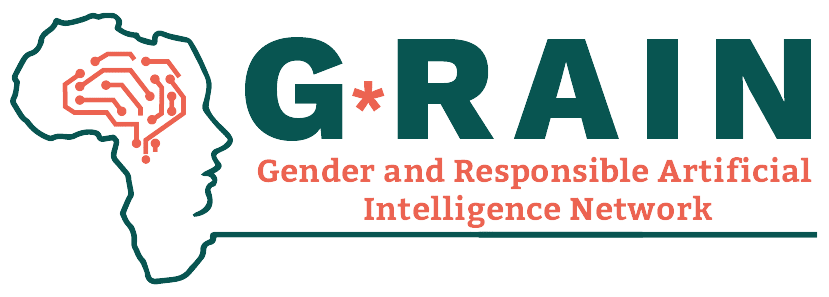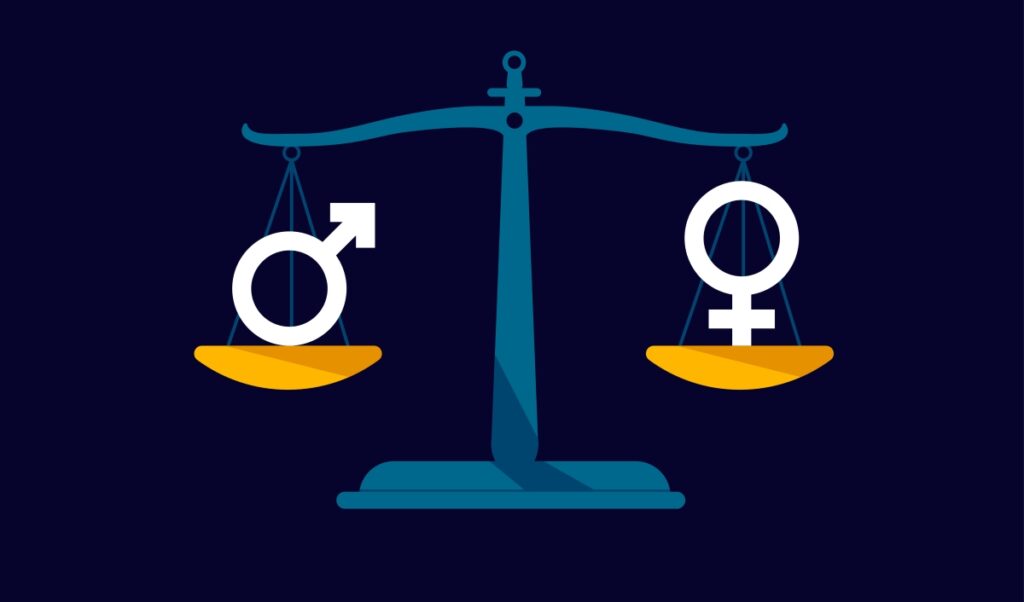At VivaTech 2025, BDM attended a conference led by Leïla Grison, Executive Director of the Women's Forum For The Economy and Society. It was an opportunity to share ideas and discuss a crucial issue: inequalities in access to AI between men and women, and ways of reducing them.
AI: when mankind falls back into its ways
We know that AI is going to have a huge impact on many tech and digital professions. But a pattern is repeating itself. Just as many little girls thought that maths wasn't for them, leaving STEM (science, technology, engineering and maths) jobs to men, history seems to be repeating itself in the field of artificial intelligence. At present, 88 % of AI algorithms are developed by men (source: The Future is Fem[AI]le report). Other figures to bear in mind: while 73 % of managers believe it is important to have more women in AI-related roles, only 33 % of them currently have a woman at the head of strategic decisions on this subject.
As a result, algorithmic models, mainly developed by male teams, generate biased data, further reinforcing existing inequalities. An imbalance that raises questions at a time when AI is set to play a major role in transforming our societies.
It's vital to look ahead, to know where women fit into AI, because this technology is going to radically revolutionise jobs, skills and decision-making," explains Leïla Grison.
Is technology bad for women's employability?
At first sight, the rise of AI may be seen as a brake on women's employability. Leïla Grison raises 3 key points:
The massive creation of new jobs in AI: with new opportunities that would be inaccessible to women, since they are under-represented in STEM subjects as well as in large tech companies. "We don't want there to be fewer men in the tech and engineering professions, we just want there to be more women", explains Leïla Grison.
The restructuring of professions with a high potential for automation: in which women are unfortunately over-represented.
The increase in productivity of those who use AI: and therefore of those who have the opportunity to train in this field and, conversely, the marginalisation of those - and especially those - who do not have access to it.
Ultimately, artificial intelligence is not going to replace women's work, but rather the work of those who do not embrace AI. That's why it's so important for women to get to grips with the subject!
What if AI could speed up the reduction of inequalities?
"Today, we each have at our fingertips the opportunity, by helping to nurture AI, to accelerate women's careers and knowledge, and deliver a more inclusive technology," explains Leïla Grison. Here are just a few examples of the concrete benefits of AI for women:
New job opportunities: by reinventing existing professions and creating new ones, AI can enable women to accelerate their careers (reorientation, diversification, etc.).
Support for "double shifts": AI can provide invaluable support in coping with the "double shift" challenges faced by many women, by making it easier to manage their careers and their parenting and domestic responsibilities.
A way of breaking the glass ceiling: with the possibility of training and upgrading skills thanks to AI.
A lever for reducing economic inequalities: ultimately, AI offers women access to new resources and opportunities.
However, certain conditions need to be met if these inequalities are to be reduced. It is vital to pursue the quest for access for all: "AI must not be reserved for the privileged few, at the risk of doubling existing inequalities", explains Leïla Grison. It is also important to make it clear that delegating tasks to AI is not synonymous with cheating.
If we don't change the way we look at AI, we're going to ban our children from using this technology. And denying them access to AI because we think that using it means cheating means cutting them off from success in a world where, in the future, you will need to master AI more than hard skills in order to be hired.
Written by : Appoline Reisacher
https://www.blogdumoderateur.com/auteur/appoline-reisacher
Source : https://www.blogdumoderateur.com/femmes-ia-retard-combler-construire-tech-inclusive/
Not that long ago, people lived and functioned in tight communities. Every vendor knew their customers personally and could make...
This Machine Learning Glossary aims to briefly introduce the most important Machine Learning terms - both for the commercially and...





